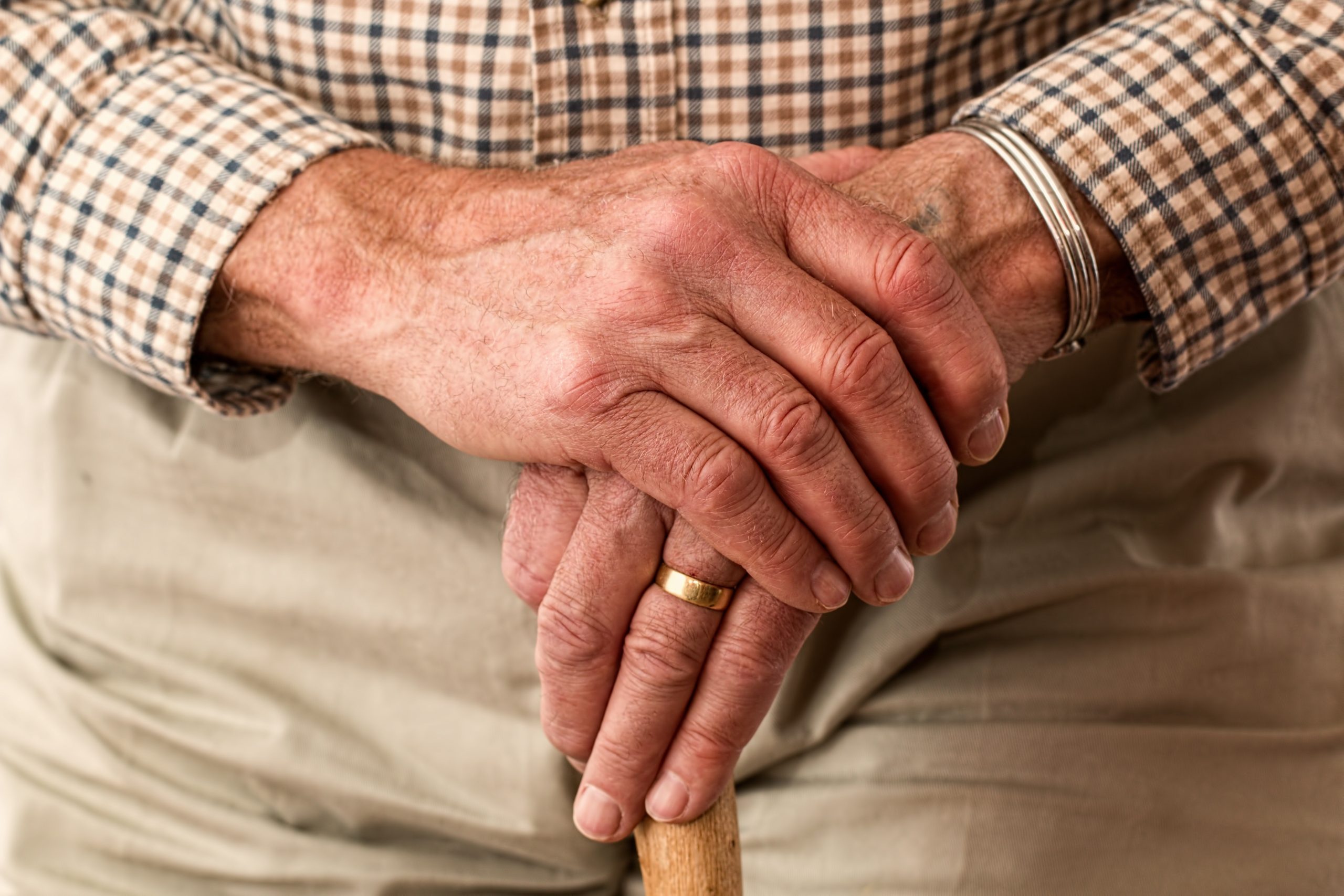10 Ways to Protect Your Aging Loved Ones from Elder Abuse

The image is not directly related to the article. It merely symbolizes the life of elderly people.
10 Ways to Protect Your Aging Loved Ones from Elder Abuse
What is elder abuse?
What are some signs of elder abuse?
Signs of elder abuse can include unexplained injuries, changes in behavior or mood, withdrawal or isolation, sudden changes in financial status, and neglect of basic needs such as food, water, and hygiene.
How can I protect my aging loved ones from elder abuse?
There are several ways to protect your aging loved ones from elder abuse:
- Stay involved in their lives and maintain open communication.
- Visit them regularly and look for signs of abuse or neglect.
- Ensure they have a trusted caregiver and check their references.
- Monitor their finances and be aware of any unusual activity.
- Encourage them to stay active and engaged in their community.
- Make sure they have a plan in place for emergencies or unexpected events.
- Take action if you suspect abuse or neglect is occurring.
- Stay informed about elder abuse and learn how to prevent it.
- Seek professional help if needed, such as from a social worker or elder law attorney.
- Advocate for stronger laws and policies to protect older adults from abuse.
What should I do if I suspect elder abuse?
If you suspect elder abuse, take immediate action. Contact Adult Protective Services or local law enforcement to report the abuse. Provide as much information as you can and be prepared to answer questions about the situation. You can also seek help from a social worker, elder law attorney, or other professional who specializes in elder abuse cases.
What are some common risk factors for elder abuse?
Some common risk factors for elder abuse include social isolation, physical or mental impairment, financial dependence, and a history of family violence or abuse. Caregiver stress and burnout can also increase the risk of abuse.
How can I talk to my aging loved ones about elder abuse?
Start by having an open and honest conversation with your aging loved ones about the importance of protecting themselves from abuse. Be supportive and non-judgmental, and listen to their concerns and fears. Provide resources and information about elder abuse, and empower them to take steps to protect themselves. If they are resistant to discussing the issue, try to find common ground and emphasize that you are there to help and support them.
What are some resources for preventing and addressing elder abuse?
There are many resources available for preventing and addressing elder abuse, including:
- Adult Protective Services
- National Center on Elder Abuse
- Eldercare Locator
- Senior Medicare Patrol
- National Council on Aging
- American Association of Retired Persons (AARP)
- Elder Law Attorneys
- Local Law Enforcement
- Community Senior Centers
- Social Workers
What are some common myths about elder abuse?
Some common myths about elder abuse include that it only happens in nursing homes or by strangers, that older adults are too frail to take action, and that it is a private family matter. In reality, elder abuse can happen anywhere and by anyone, and it is a public health issue that affects millions of older adults each year.
How can we raise awareness about elder abuse?
Raising awareness about elder abuse is crucial to preventing and addressing the issue. Some ways to raise awareness include sharing information and resources on social media, hosting educational events and workshops, advocating for stronger laws and policies to protect older adults, and supporting organizations that work to prevent elder abuse.
What can we do as a society to prevent elder abuse?
Preventing elder abuse requires a collective effort from society as a whole. This includes supporting and empowering older adults, providing resources and education about elder abuse, advocating for stronger laws and policies to protect older adults, and holding abusers accountable for their actions. We can also work to address the underlying factors that contribute to elder abuse, such as social isolation, ageism, and caregiver stress.
The image is not directly related to the article. It merely symbolizes the life of elderly people. 10 Ways to Protect Your Aging Loved Ones from Elder Abuse What is elder abuse? Elder abuse is any intentional or negligent act that causes harm or distress to an older person. This can include physical, emotional, sexual,…
Recent Posts
- Empowering Caregivers: The Best Online and Offline Resources to Enhance Your Skills
- Traveling with a Purpose: The Rise of Volunteer Vacations
- Breaking Stigma: Dispelling Myths about Mobility Aids and Disability
- Avoiding Probate: How Trusts Can Simplify the Estate Settlement Process
- Senior Citizens Beware: Common Financial Scams and How to Stay Protected

